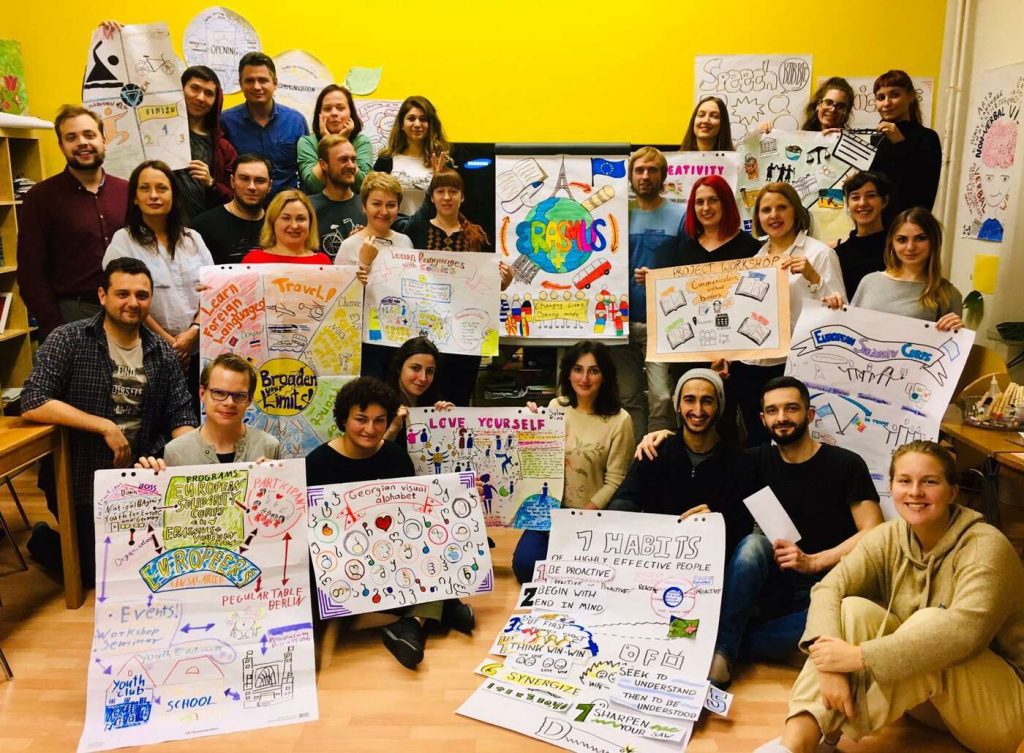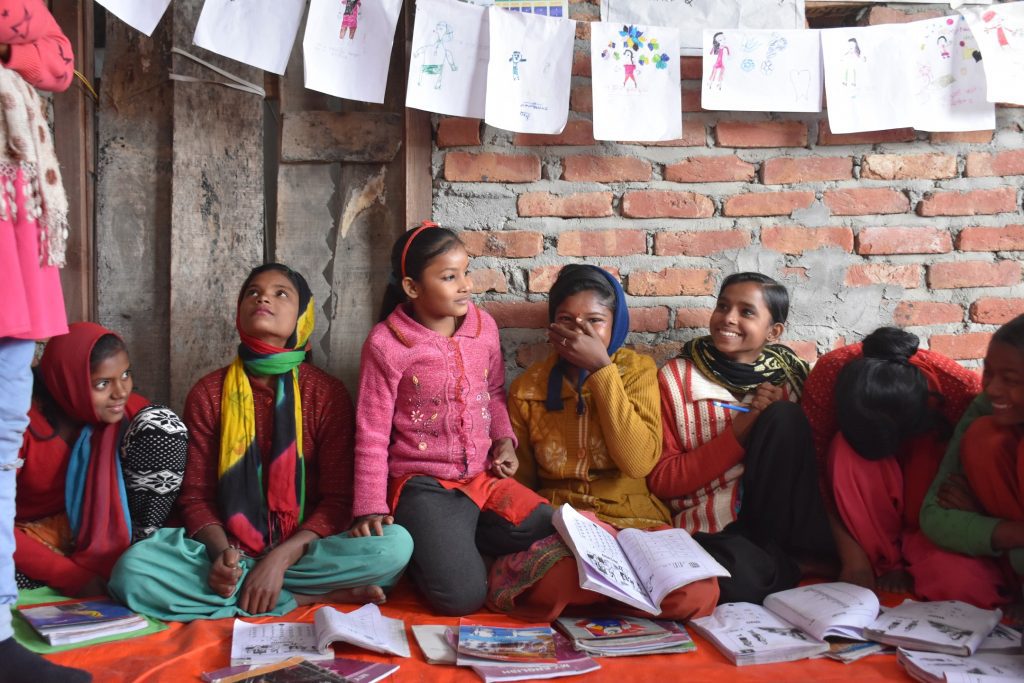Education is the key to unlocking possibilities and improving people’s lives. While formal education institutions are important in developing young minds, non-formal education has emerged as a potent tool for empowering learners of all ages who may have lost out on regular schooling. Let’s dive in to check out some super cool ways that are changing non-formal education, making it better and easier to access.
The Non-Formal Education Landscape
Non-formal education refers to a variety of learning activities that take place outside of the conventional educational system. It serves a wide range of groups, including adults, out-of-school children, and marginalized communities. According to UNESCO, non-formal education is critical in tackling global educational concerns. It is estimated that over 758 million people worldwide lack basic reading abilities, and non-formal education is a key tool for closing this gap.
Gamification: Learning Through Play
Gamification is one unique strategy that has found traction in non-formal education. It is the process of introducing game design aspects into learning sessions, such as points, badges, and challenges. This method not only makes learning more interesting but also improves retention and motivation.
Storytelling for Impactful Learning
Storytelling is another effective strategy in non-formal education. Learners may absorb complicated ideas and remember knowledge more efficiently when instructional material is weaved into narratives and tales. Stories capture the imagination of learners, making reading and writing more accessible.

Mobile Learning
The increasing number of mobile devices has opened up new avenues for non-formal education. Mobile learning enables students to access instructional information at any time and from any location. This method is especially useful for individuals who may have a job or family obligations. There are online sources that offer free instructional videos on a variety of topics, allowing adults and children to study at their speed.
Community-Driven Learning
Community-based learning approaches place the students at the center of the educational process. Local communities have an active role in curriculum creation and program implementation in many non-formal education initiatives. This ensures that the information is culturally appropriate and fulfills the unique requirements of the learners. For instance, UNESCO’s “Global Network of Learning Cities” project urges communities throughout the globe to become centers of lifelong learning by engaging individuals in defining their education.
Measuring Impact with Alternative Assessments
Traditional assessments may not always be consistent with the various goals and learning outcomes of non-formal education. To address this, new evaluation approaches are being developed. These exams take into consideration learners’ overall progress, including life skills and practical knowledge.

The Road Ahead
Non-formal education is developing through creative techniques such as gamification, storytelling, mobile learning, and community-driven initiatives. These approaches are breaking down boundaries and making learning available to everyone, regardless of age or background. As we continue to explore new boundaries in non-formal education, we invest in this revolutionary sector in order to build a better and more educated future for everybody.
Disclaimer: Any opinions expressed in this blog do not necessarily reflect the opinions of CREDP. This content is meant for informational purposes only.







